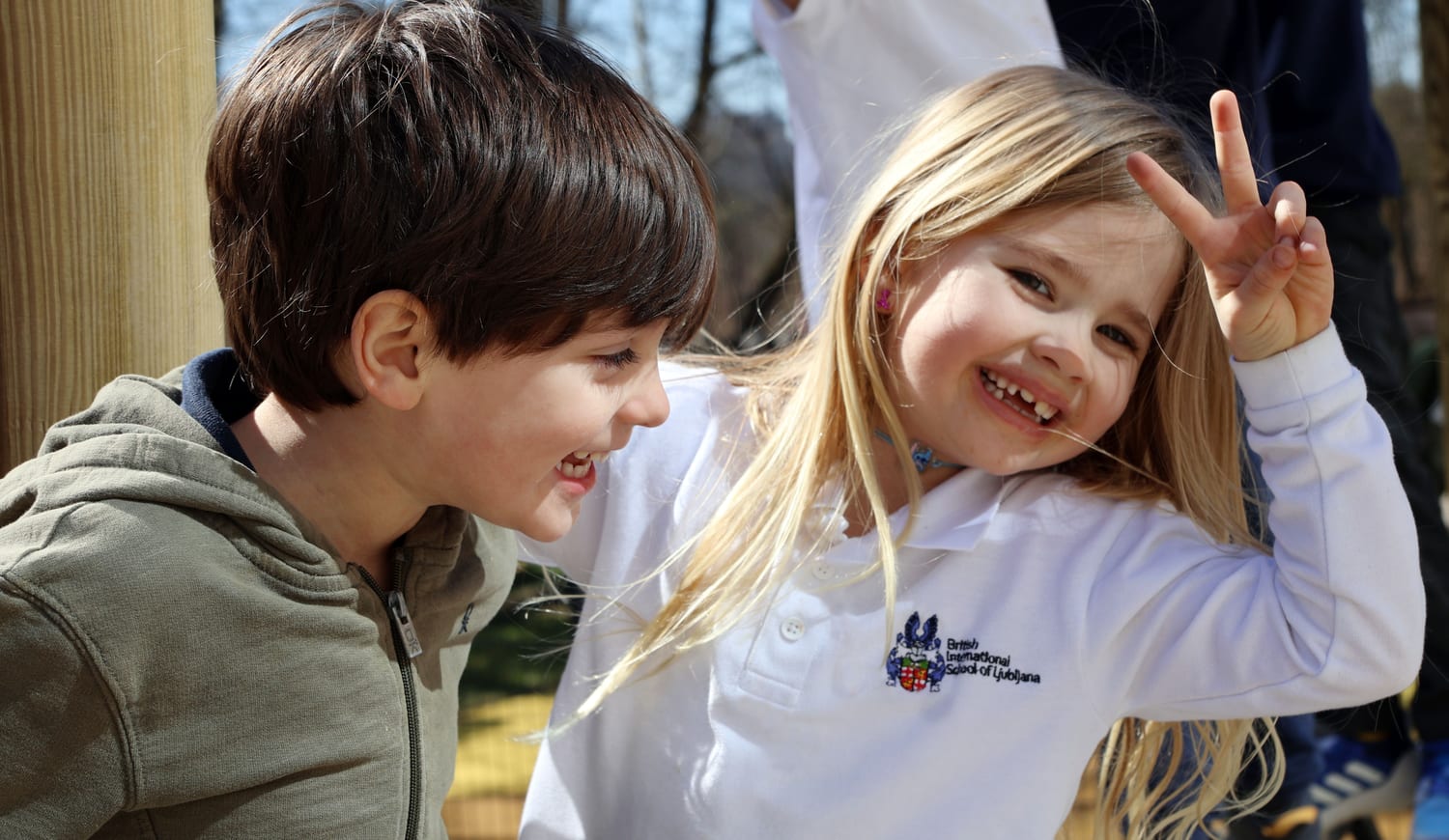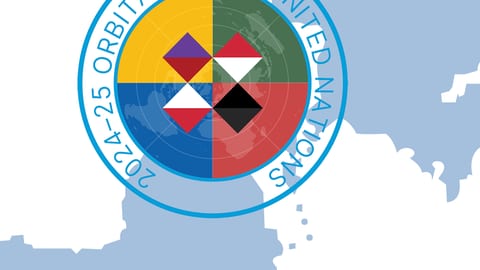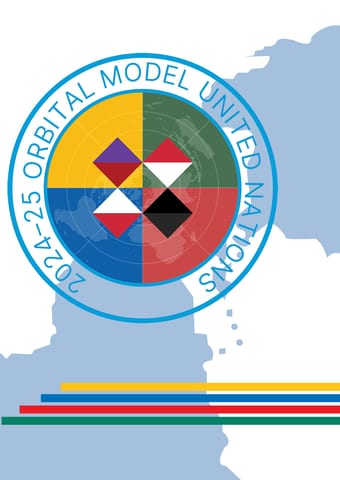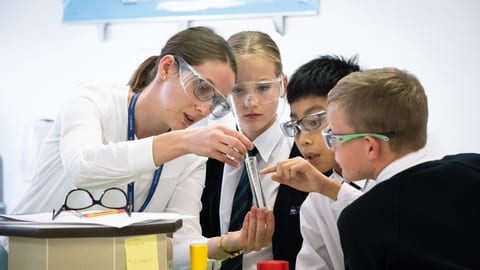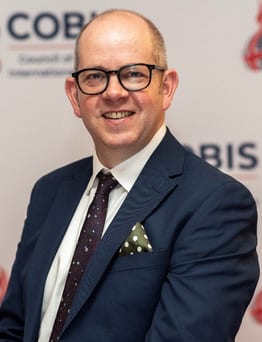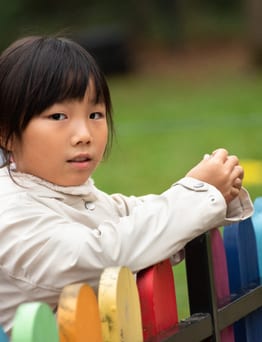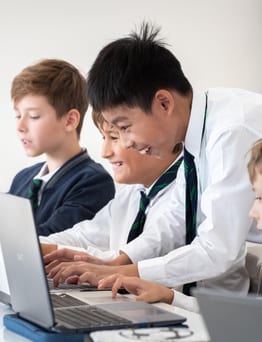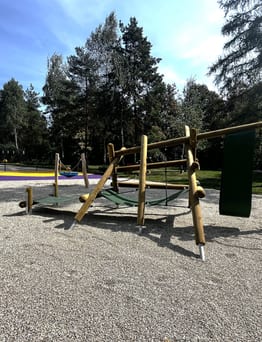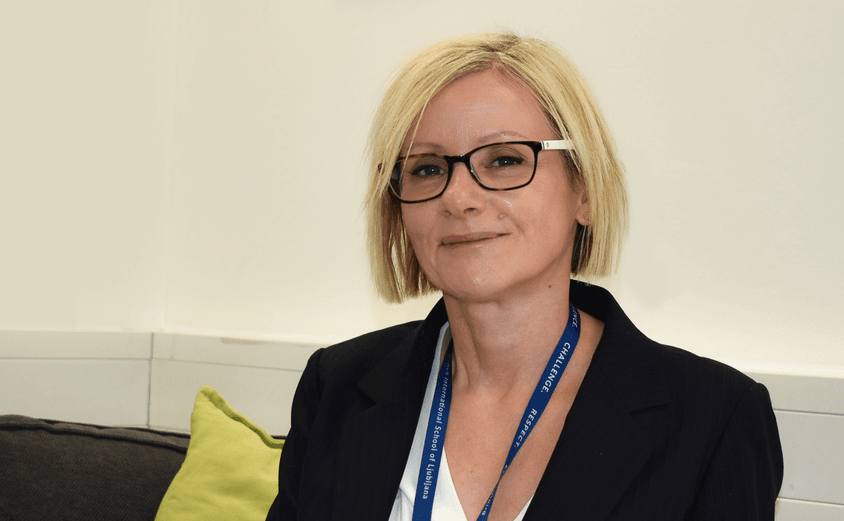
Mel HitchcocksPrincipalI am very proud to be the Principal of the British International School of Ljubljana. As a member of the Orbital Education Group, BISL is a school which provides a nurturing, supportive and, at the same time, challenging learning environment designed to meet the needs of all our students. We have high expectations and ensure all students are given the opportunity to reach their full potential. Our ethos is mirrored in our core values of excellence, respect, responsibility, integrity and compassion.
Please do not hesitate to contact us to arrange a visit, we look forward to welcoming you and your family to our school.

